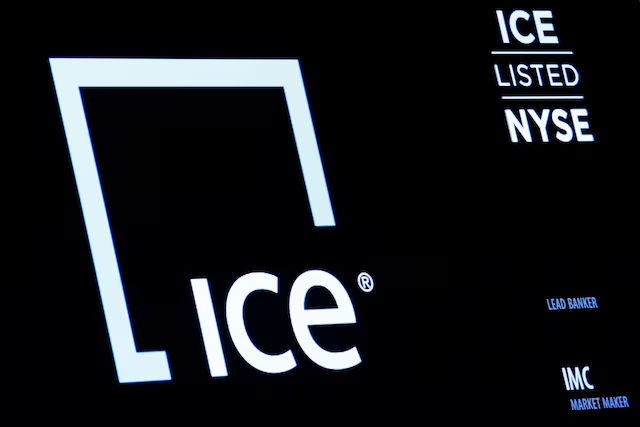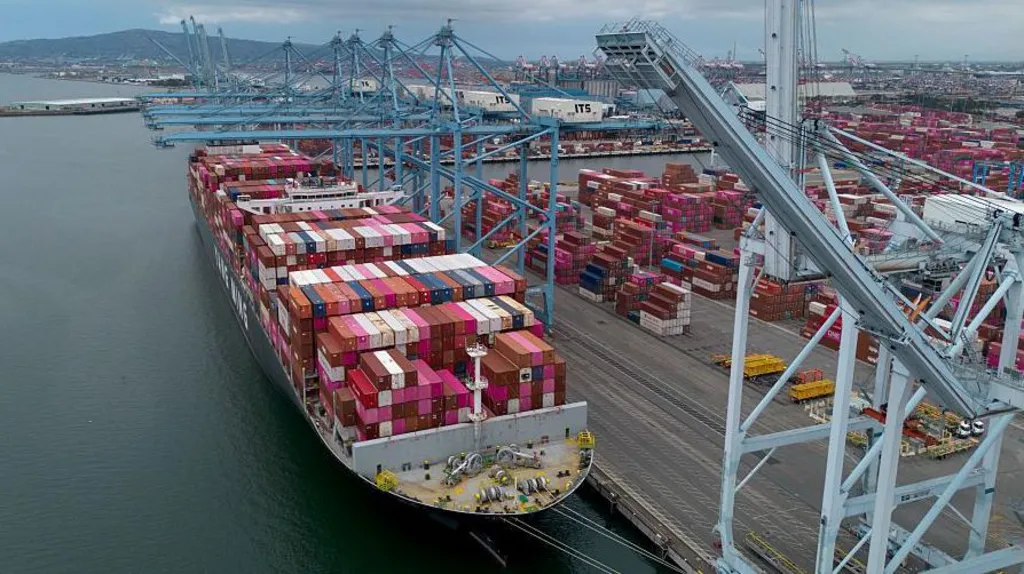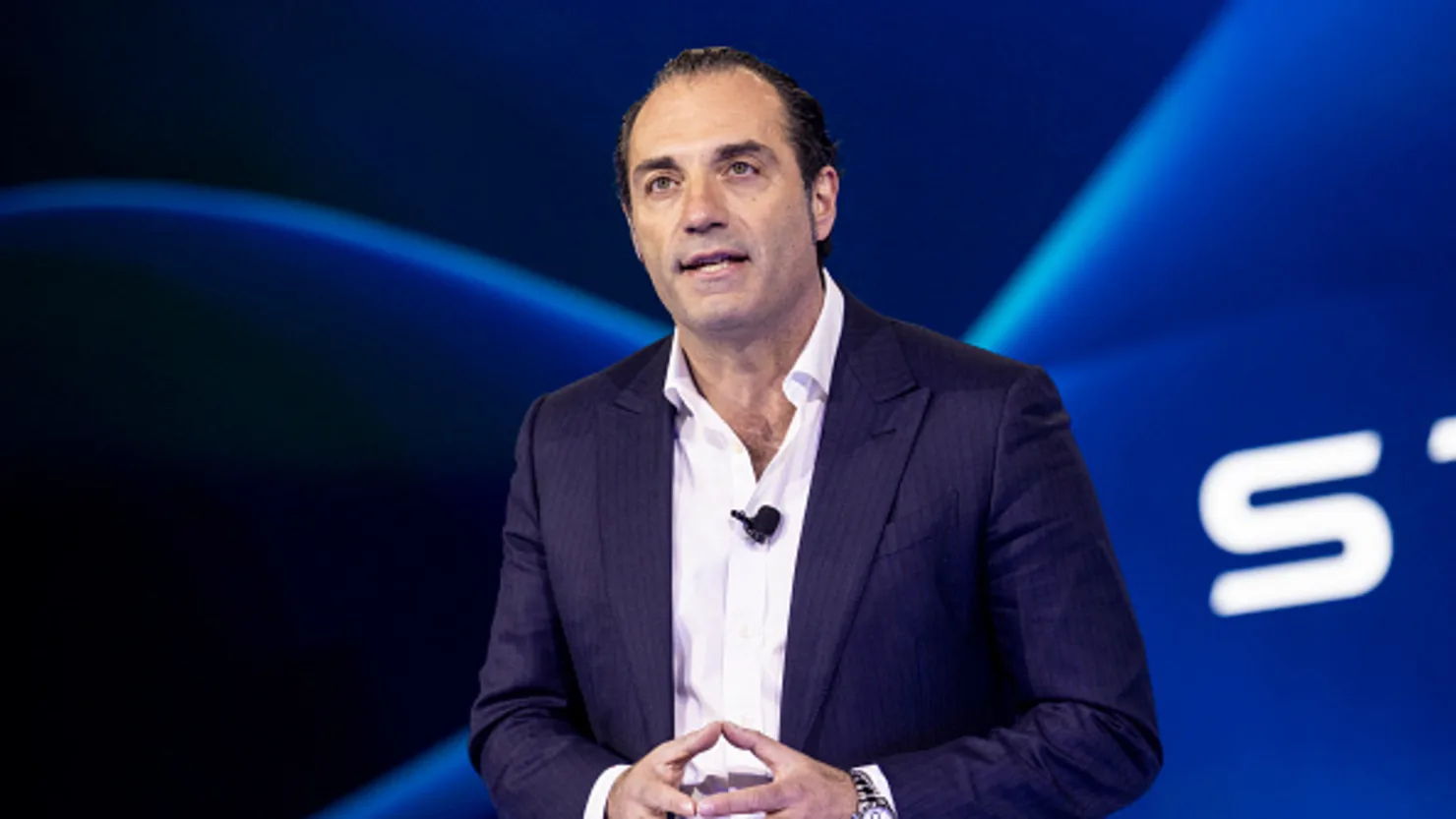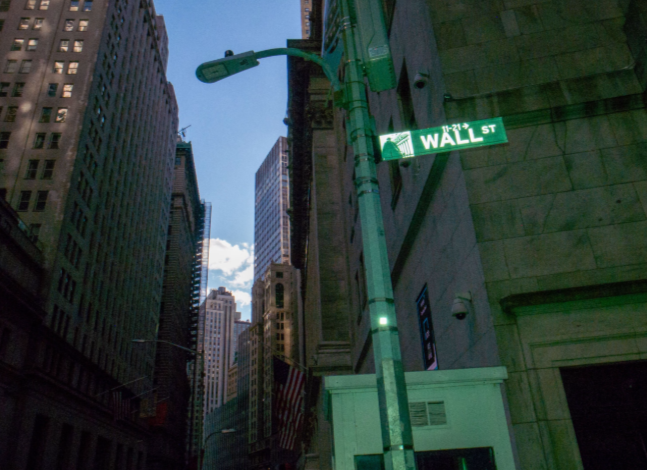In the early days of President Trump’s second term, the enthusiasm of CEOs and bankers, which surged with the promise of his economic agenda, has encountered some obstacles.
However, it’s important to recognize that this shift in sentiment is not necessarily negative. While the uncertainty stemming from the new administration has put some deals on hold, the business environment remains fluid, with many executives still optimistic about future opportunities.
Trump’s initial moves, particularly his proposed tariff plans on imports from Canada and Mexico, stirred anxiety among business leaders. The announcement of a 25% tariff followed by a swift delay raised questions about the administration’s approach to trade policy, leaving many executives uncertain about the economic landscape. Nevertheless, such actions are not without merit—Trump’s goal of fairer trade deals, although disruptive in the short term, may ultimately benefit US businesses by addressing long-standing imbalances and leveling the playing field in global trade.
Despite these immediate concerns, the deals market has shown resilience. January witnessed a slowdown in M&A activity, but this is consistent with historical patterns. Mergers and acquisitions traditionally pick up pace in the second quarter following a new US presidential term. It is not uncommon for the initial months of any administration to introduce a period of adjustment, as businesses and dealmakers adapt to new policies and regulatory environments. The anticipated “M&A tsunami” for 2025 has yet to materialize, but experts, such as Jim Langston from Paul, Weiss, Rifkind, Wharton & Garrison, remain confident that the conditions are ripe for a surge in deal-making later this year.
The market’s temporary cooling is also a reflection of the cautious wait-and-see approach adopted by many CEOs, who are currently focused on managing the immediate challenges posed by tariff uncertainty and shifting supply chains. This is a prudent move, as companies need time to evaluate the full impact of changes in trade policy before making large, long-term commitments. The current pause should not be mistaken for a broader trend of reluctance or pessimism; rather, it represents strategic caution, which is typical when navigating complex, global business environments.
Despite the uncertainty, there are still signs of healthy deal activity. For instance, there were six hostile or unsolicited takeover attempts in January, the highest number in nearly two years. Companies like Cintas, which made a $5.1 billion bid for UniFirst, and QXO, which pursued a hostile acquisition of Beacon Roofing Supply, show that there is still a desire for growth and consolidation in certain sectors. This indicates that while caution may be the dominant theme, there is still an appetite for strategic deals among those willing to take calculated risks.
Additionally, the broader economic environment remains strong in many sectors. While the focus in recent weeks has shifted to trade concerns and regulatory uncertainties, other developments, such as significant investments in technology and innovation, continue to unfold. French President Emmanuel Macron’s announcement of €109 billion in AI investments is one example of the growing global focus on technology that could present new opportunities for US businesses to explore in the coming months.
With input from the Wall Street Journal and the Financial Times.










The latest news in your social feeds
Subscribe to our social media platforms to stay tuned